Home insurance is your first line of defense against disaster. It’s a fundamental part of home ownership, and while it may not be mandatory, almost every homeowner recognizes the value of a home insurance policy.
What they may not know however, are all of the ways they can accidentally (or not so accidentally) voidthat policy. So we’ve come up with a few situations that could void your policy and leave you on the hook when you need that coverage the most:
Being dishonest when acquiring insurance
This is the biggest and most obvious way people void their insurance. Whether they’re seeking a cheaper rate, neglect to update their insurance after their circumstances change, or just genuinely make a mistake, people misrepresent their home to insurance companies all the time. When this happens, any deceptions or omissions are instantly used to deny any claims made on the policy and can even void your insurance.
Some typical scenarios include homes that are listed as a single-family occupancy, but actually house multiple families. This might not seem like a big deal, but with more people comes more risk, and if you don’t have those people included in your policy, it can be a big problem. Same with unlisted or “under the table” tenants and sublets. A basement “apartment” might seem like a good way to make a few extra bucks every month, but only if you do it with the proper paperwork. Fail to do things properly, and it could cost you big down the line.
Other kinds of dishonesty are more explicit, such as falsely claiming to own property you do not. That’s an obvious foul. Falsely claiming damages after a storm, or over-exaggerating the actual damage done to your home, is another clear-cut case of dishonesty. Basically, any kind of fraud is an easy (and fast) way to void your insurance status. Thankfully, the majority of homeowners understand this and would never consider such an action.
As always, honesty is the best policy, especially when talking to your broker. Your broker is alwayson your side and will always fight to find you the best possible value for your insurance dollar no matter what your situation is. Fibbing to them or omitting something because you think it will inflate your monthly premium is self-defeating if it means you won’t be able to file a claim later when you need it. Give your broker the knowledge they need to get you the best insurance they can.
Leaving your home unoccupied for more than a month
Ghosting is never polite, but when you ghost on your home without informing anyone, it can have more than social consequences. Leaving a home vacant for more than 30 days can invalidate many home insurance policies leaving you vulnerable should any accidents occur.
The logic here is that if nobody is around to spot the early warning signs of a problem, then you’re not doing the due diligence of a homeowner. Should a pipe start to leak while nobody is there to see it and it eventually escalates into a full-on flooded basement, then that is on you as the homeowner.
Thankfully, it’s pretty easy to stay on the good side of your policy here. If you’re going to be out of your home for an extended period – whether for vacation, a temporary job, or a medical condition – all you need to do is have a trusted friend or family member swing by for the occasional check up. You should also let your insurance company know that you’re away and have someone watching the place for you, just to make sure everything is crystal clear to all parties.
Using your home as a place of business
Mixing your home and work life is a tricky thing. If you find you’re using your home as a place of business, you may need to talk with your broker about adding on home-based business insurance to your home policy.
This doesn’t necessarily apply to all businesses, so consult with your broker about your specific situation. If you’re just taking the occasional call at home or doing some paperwork on your PC, you’re probably okay. But, if you’re meeting with clients at your home, that might be a different story. Same if you’re building or manufacturing anything. Putting together a few birdhouses to sell at a craft stall on the weekend probably won’t require any kind of special treatment. But if you’re machining parts or building serious furniture on a regular basis, that’s getting dicey. A good rule of thumb is if something requires specialized equipment to make, or if your making things in such a scale that you’re building up and storing inventory, you’re probably going to need home business insurance to supplement your policy.
You need this protection in case anything related to the business causes damage. If you have a client over and they slip and fall, you might be found liable and without the benefit of your home insurance protection since they were only there for business reasons. Or if your garage workshop catches fire after a particularly late-night building custom ordered cabinets, you’ll want the proper insurance to cover the damages.
Going all Breaking Bad on your home
This one should REALLY go without saying, but using your home for illegal purposes will definitely void your insurance! Whether you’re using the basement to store a bunch of DVD players that “fell off a truck” or turn your kitchen into a meth lab, illegal activity is a sure-fire way to make sure any claims are denied and your policy is cancelled.
Don’t believe what you see on premium cable shows. The worst part of being a crime lord isn’t the rival gangs or detectives hot on your trail, it’s the bureaucracy!
Remember to talk to your broker when circumstances change – like adding a home office or going away for more than 30 days. When it comes to your home, it’s always better to err on the side of caution, and Staebler is here to help.


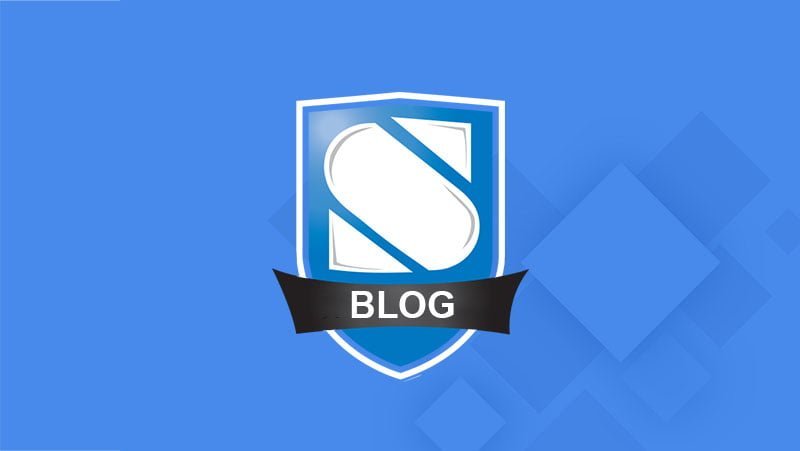


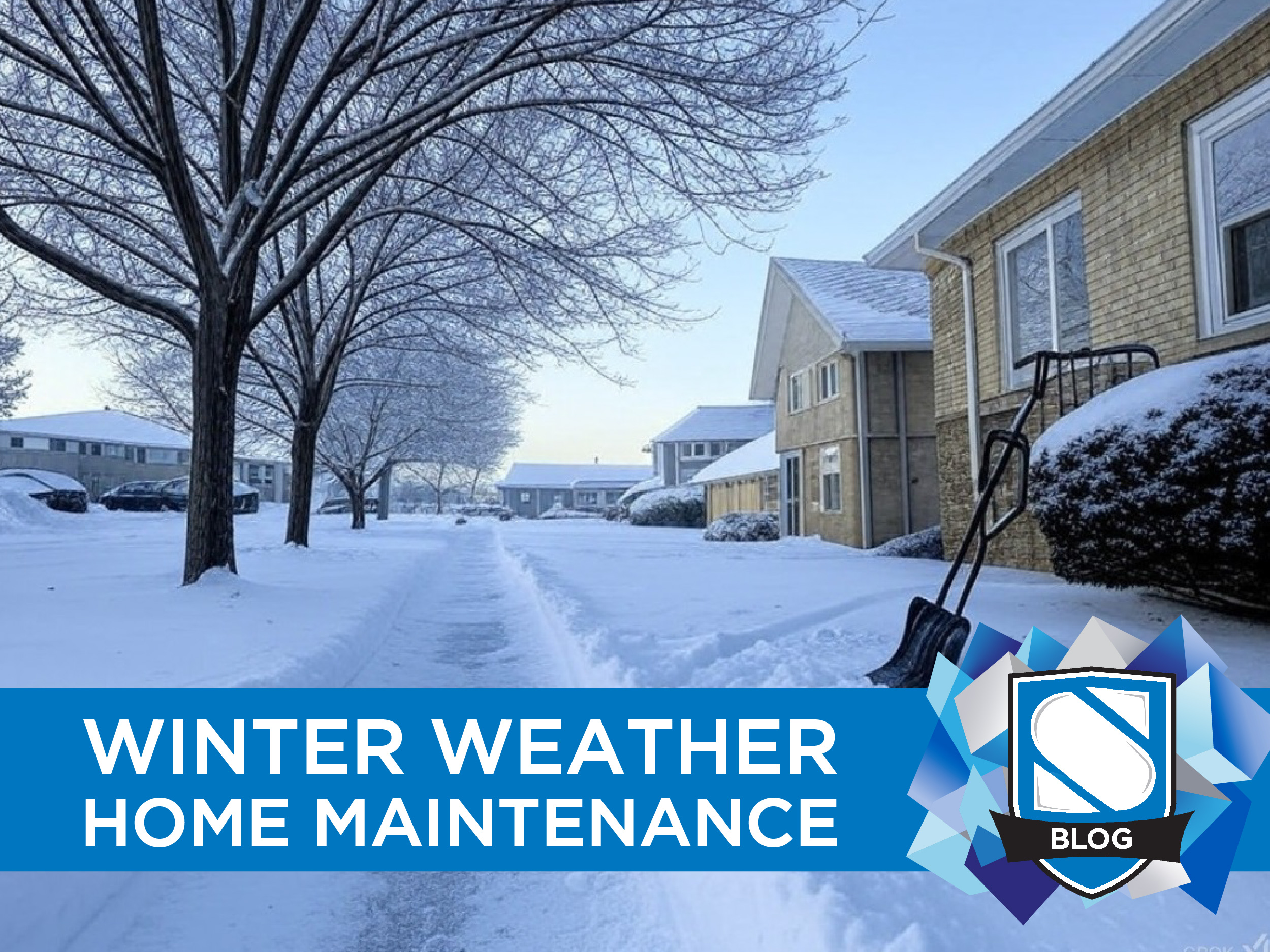
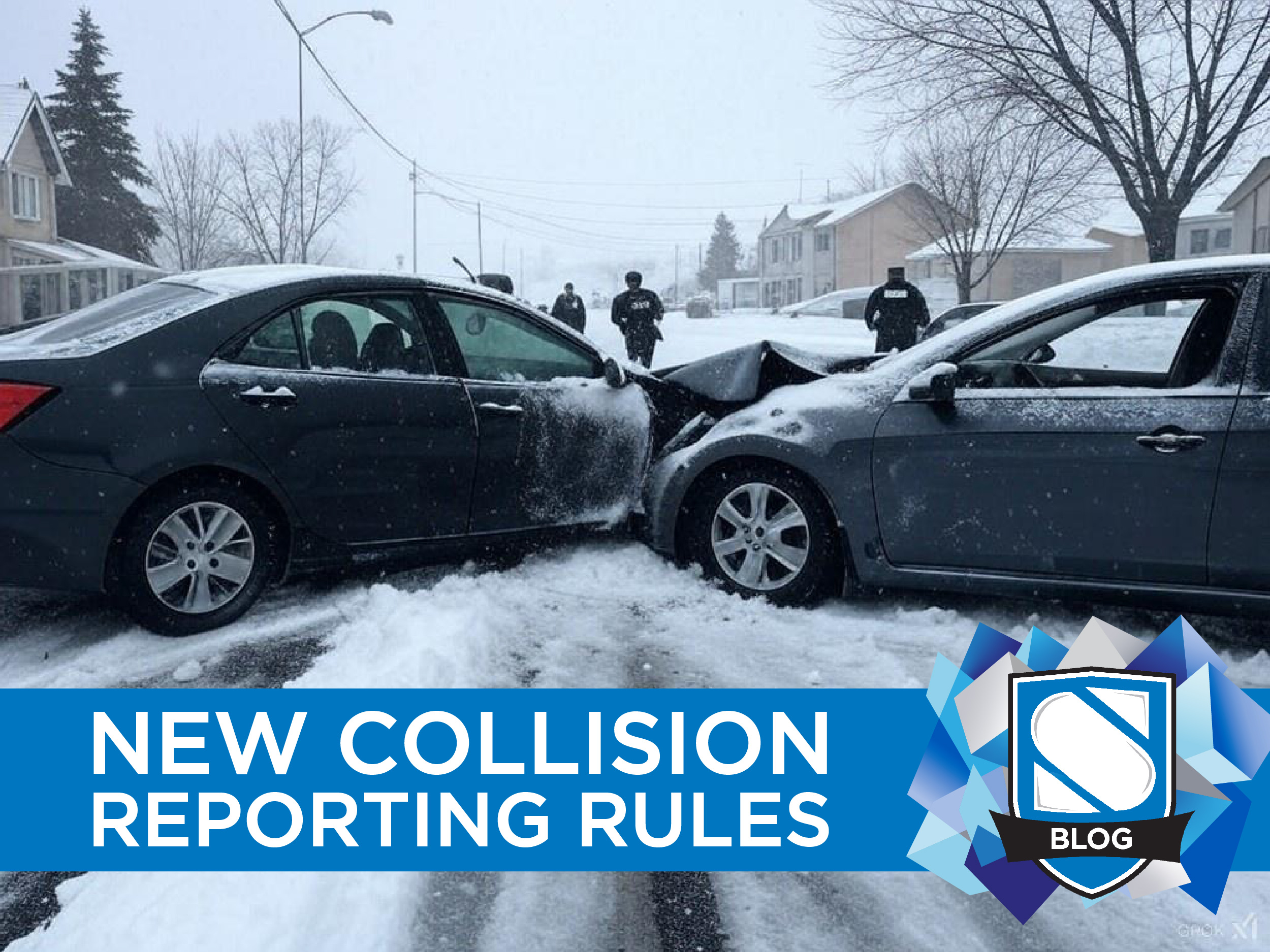

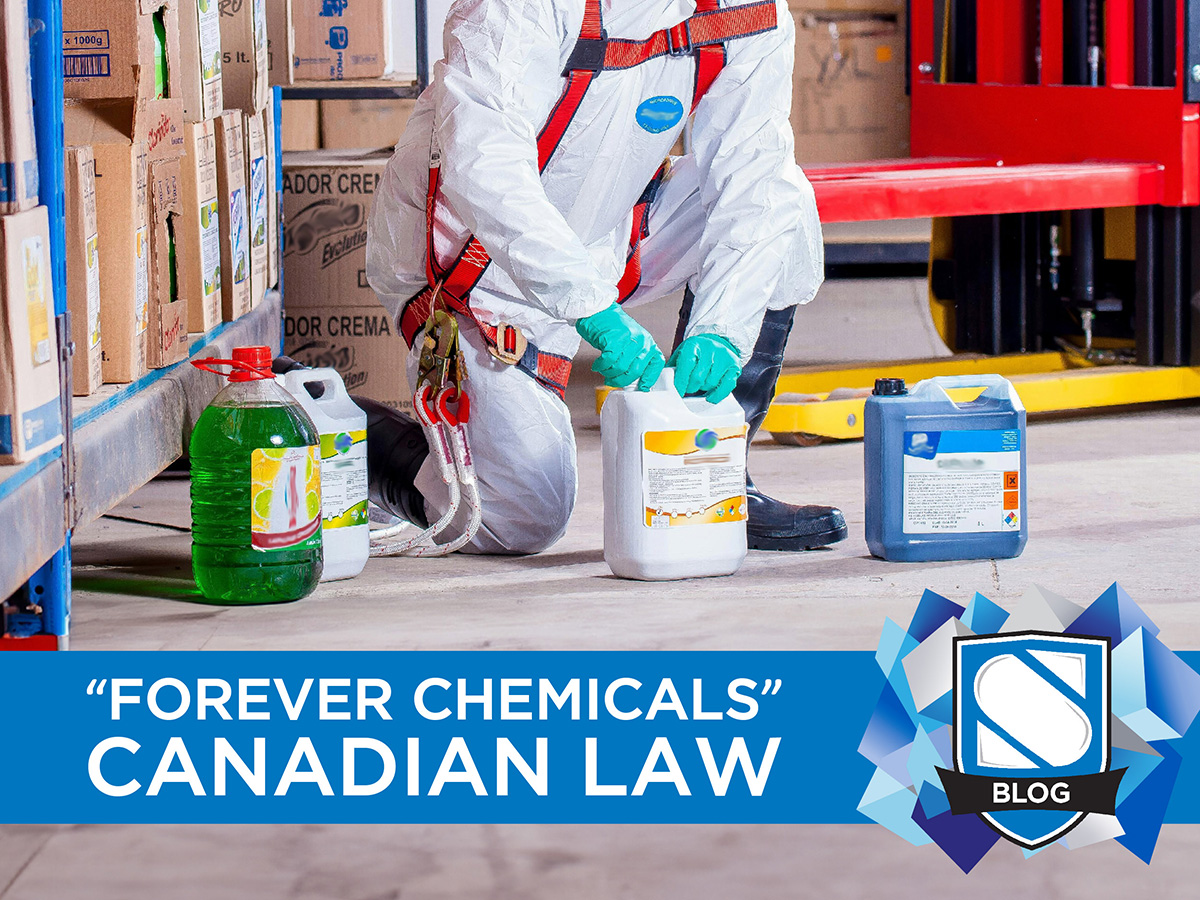

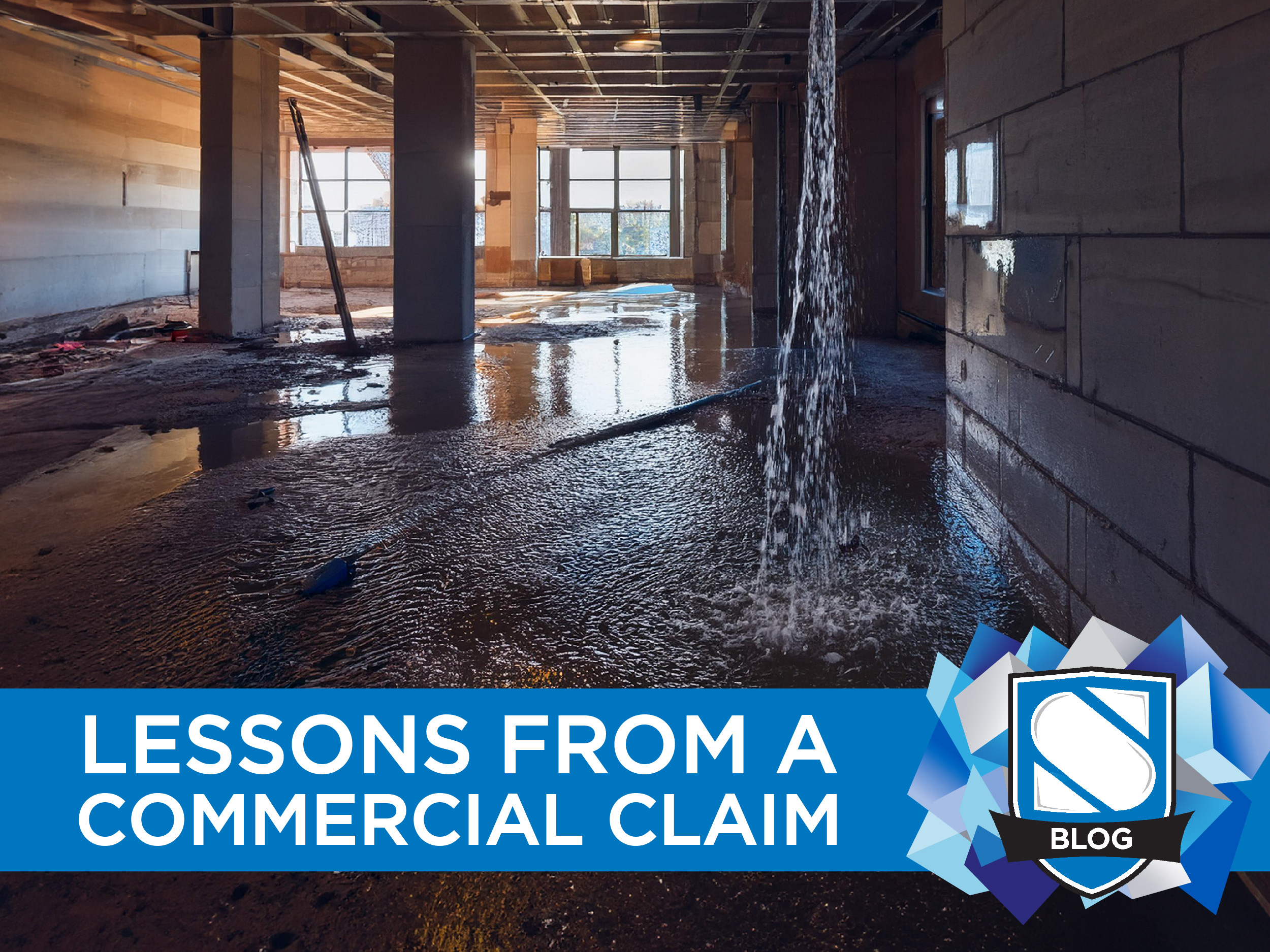



0 Comments